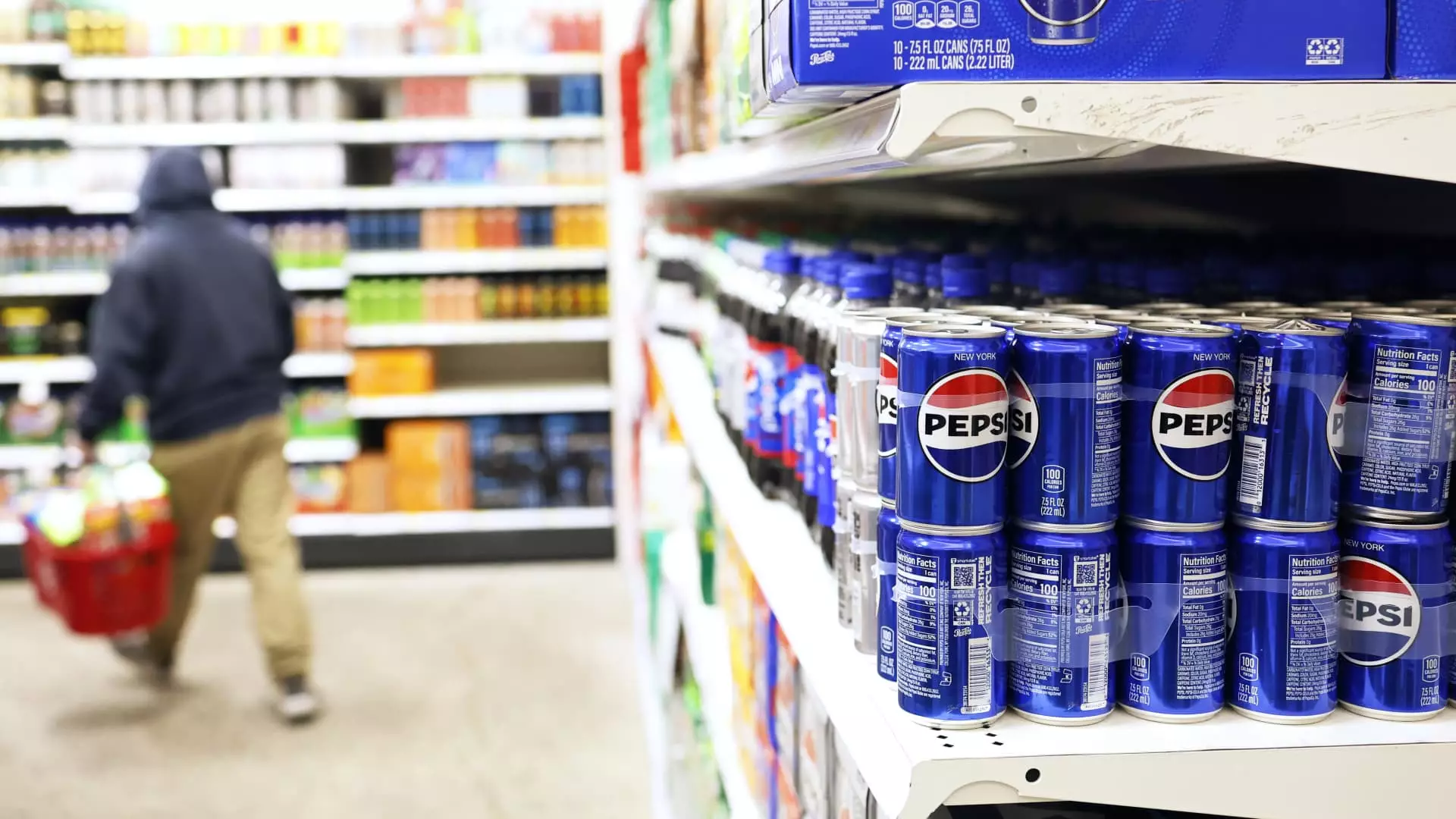The Federal Trade Commission (FTC) has recently made headlines by suing PepsiCo, accusing the renowned food and beverage company of engaging in illegal price discrimination practices. This lawsuit arises from allegations that PepsiCo offered preferential pricing to a specific retailer, which anonymous sources indicate to be Walmart, thereby disadvantaging its competitors. The implications of this lawsuit not only bring into question the business practices of a major corporation but also highlight the FTC’s commitment to enforcing fair competition laws laid out in the Robinson-Patman Act.
The Core of the Allegations
At the heart of the FTC’s case against PepsiCo lies the assertion that the company breached the Robinson-Patman Act. This legislation, established in 1936, is designed to prevent price discrimination that can distort market competition. The FTC’s allegations suggest that PepsiCo granted Walmart exclusive promotional payments and marketing resources not available to rival retailers, which potentially allowed Walmart to offer lower prices, or even drive competitors out of business. Such practices raise significant concerns about market fairness and consumer choice, prompting the FTC’s intervention.
In response to the lawsuit, PepsiCo has vehemently disputed the FTC’s claims, insisting that it adheres to industry standards and that its pricing strategies are equitable among retailers. The company’s bold assertion reflects a broader trend where major corporations often position themselves as champions of fair commerce, asserting that competitive pricing and promotional offers are not inherently discriminatory. This defense underscores the complexity of establishing discrimination in pricing practices, especially in an industry marked by fierce competition and varying partnerships.
The lawsuit remains complicated by the fact that Walmart, the alleged recipient of the favorable pricing, has not yet commented publicly on the matter. The absence of Walmart’s perspective adds ambiguity to the case, as their involvement could either support or detract from Pepsi’s claims. Additionally, the fact that a substantial portion of the lawsuit is currently sealed poses challenges for public scrutiny and the complete understanding of arguments from both sides. The FTC is actively seeking to unseal parts of the complaint to foster transparency regarding how exactly PepsiCo is alleged to have violated the law.
The Broader Implications of the Enforcement Action
This lawsuit also signals a resurgence of regulatory scrutiny following decades of somewhat relaxed enforcement of the Robinson-Patman Act, particularly during the deregulation phase of the 1980s. With the Biden administration increasing legal actions against corporations in various sectors, this lawsuit against PepsiCo may set a precedent for how aggressive regulators will be in ensuring fair competition in the retail sector. The FTC’s actions might not only affect PepsiCo but could also have far-reaching consequences for how major retailers and suppliers structure their pricing and promotional strategies moving forward.
As the lawsuit against PepsiCo unfolds, it will be crucial to monitor how these developments impact both the company and the broader food and beverage industry. The outcome could influence future enforcement of competition laws and reshape how corporations navigate pricing strategies in an increasingly competitive market landscape. As this case illustrates, the intersection of corporate practices and regulatory oversight remains a pivotal battleground in promoting fair competition.

Leave a Reply